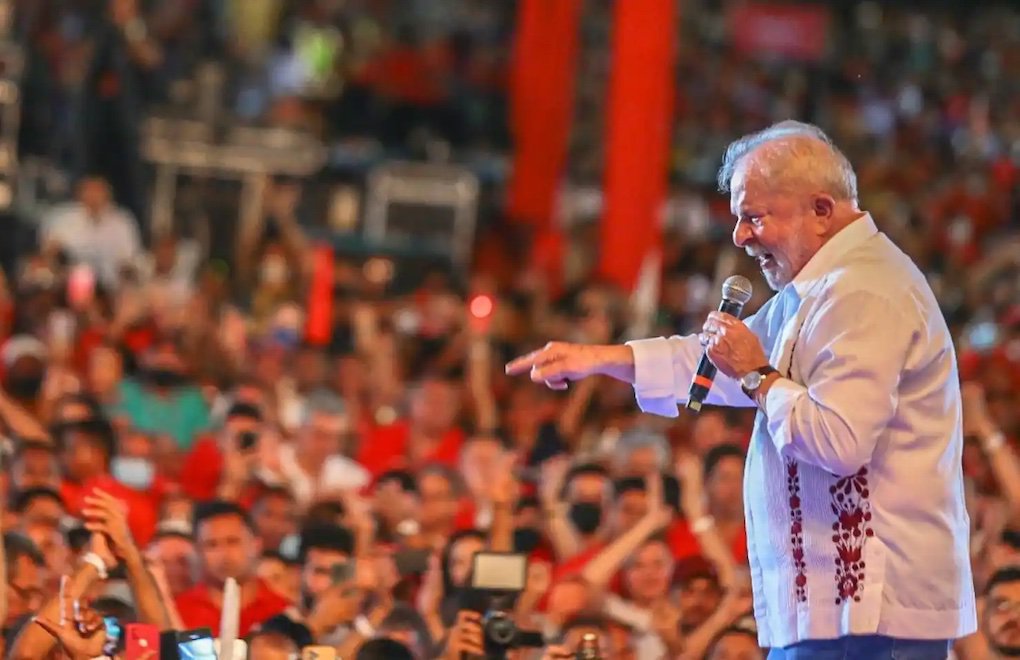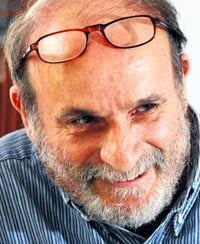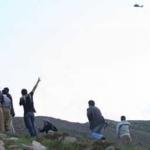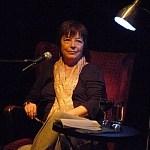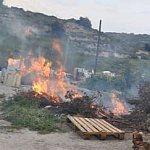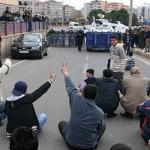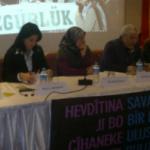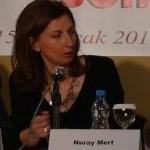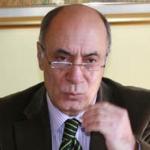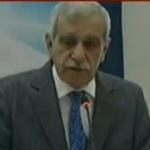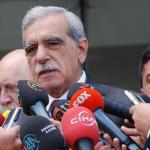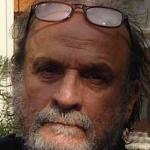DTK - KURDISH QUESTION
Parliament President Sceptic on Kurdish Proposal
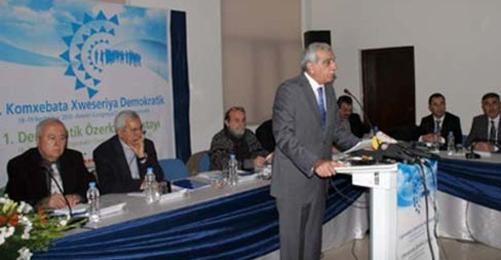
The pro-Kurdish Democratic Society Congress (DTK) organized their two-day "Democratic Autonomy Workshop" in Diyarbakır on 18/19 December.
The participants attended the workshop upon invitation and discussed the possibilities of establishing a social agreement of the DTK's proposal for a Democratic Autonomy as a solution of the Kurdish question within the existing borders of Turkey. They looked into the feasibility of the proposal, its enforceability, the terms of its realization and the outline of the proposal.
The proposal for a "Democratic Autonomy" was a crucial point of the discussions. It was accepted as a very important step as the Kurd's "plan to leave the war". At the same time it was emphasized that there is still a long way to go until the proposal would be accepted in society.
On the other hand, the headings "self-defence" and "economy" were particularly useful to point out the differing views of the different sections of the Kurdish people and the participants from Turkey on the scope and applicability of the autonomy.
The workshop was not open for the press. It started with a speech of DTK Co-Chair Ahmet Türk and finished with a speech delivered by Co-Chair Aysel Tuğluk.
Sahin: "We do not recognize any other congress or assembly"
The President of the Turkish Grand National Assembly (TBMM), Mehmet Ali Şahin, said to journalists about the DTK Democratic Autonomy Workshop: "All sorts of problems in Turkey have been discussed and the TBMM is the place to resolve them. We do not recognize any other congress or assembly. Our friends who pursue this passion should please evaluate their situation. They are compelled to bear the consequences".
Şahin was also asked about the pro-Kurdish Peace and Democracy Party (BDP) regarding a possible initiative to use the Kurdish language in parliament. Şahin replied, "The TBMM is to be addressed in Turkish. This is regulated by the legislation. Our TBMM vice presidents who are running the parliament will do whatever is necessary".
"According to our current legislation, the TMBB is to be addressed in Turkish. Going further back in history I may even say this: Turkish was the official language of the Ottomans in 1876 and in the fundamental organization of the constitution of 1908. Hence, I want to say that I find this kind of discussion utterly unnecessary and I think it paves the way to tensions". (EK/BB/VK)
The long and hot summer ahead
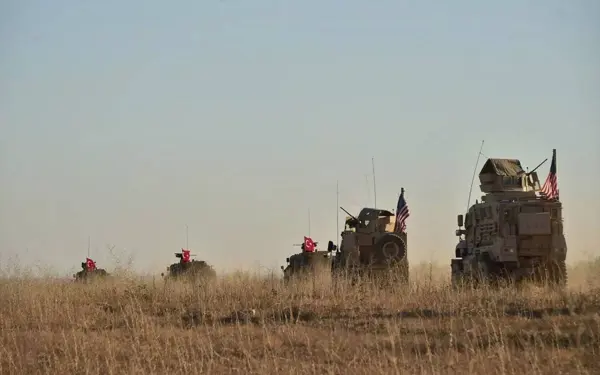
'Shamelessness'
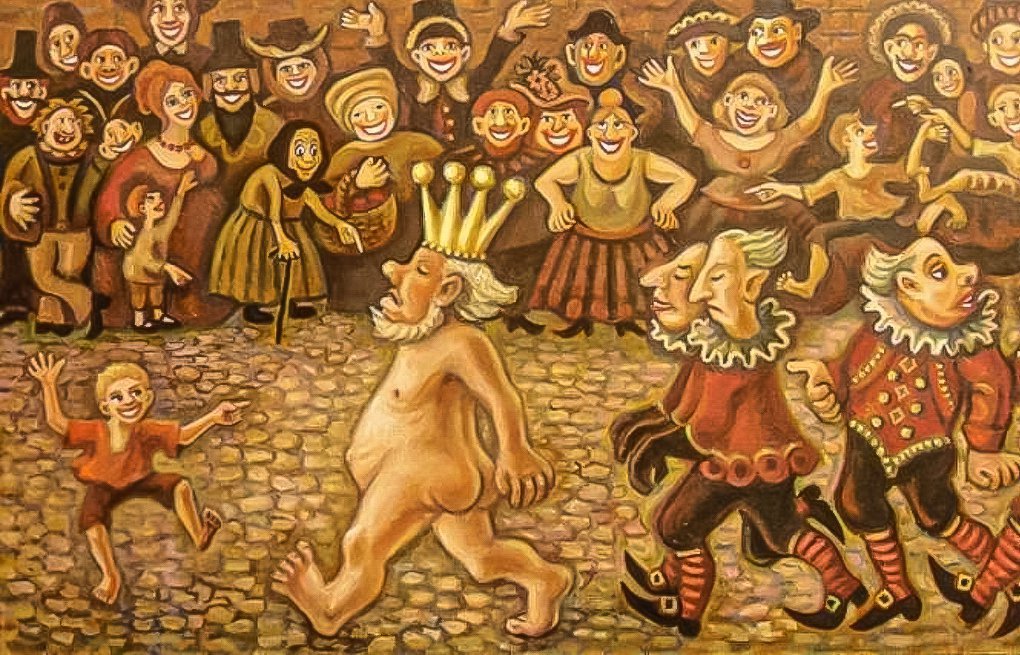
LEFT TIDE IN LATIN AMERICA-III
The new task: 'To contribute the reintegration process, to recover the lessons of the Cuban revolution'
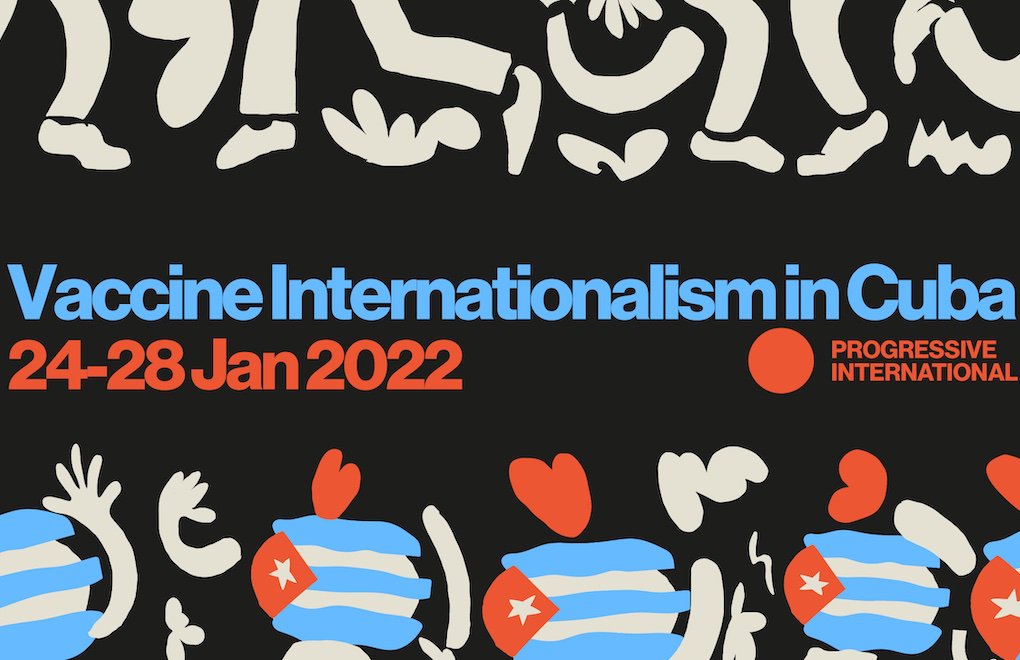
LEFT TIDE IN LATIN AMERICA-II
An International to accompany the continental rise of the Left
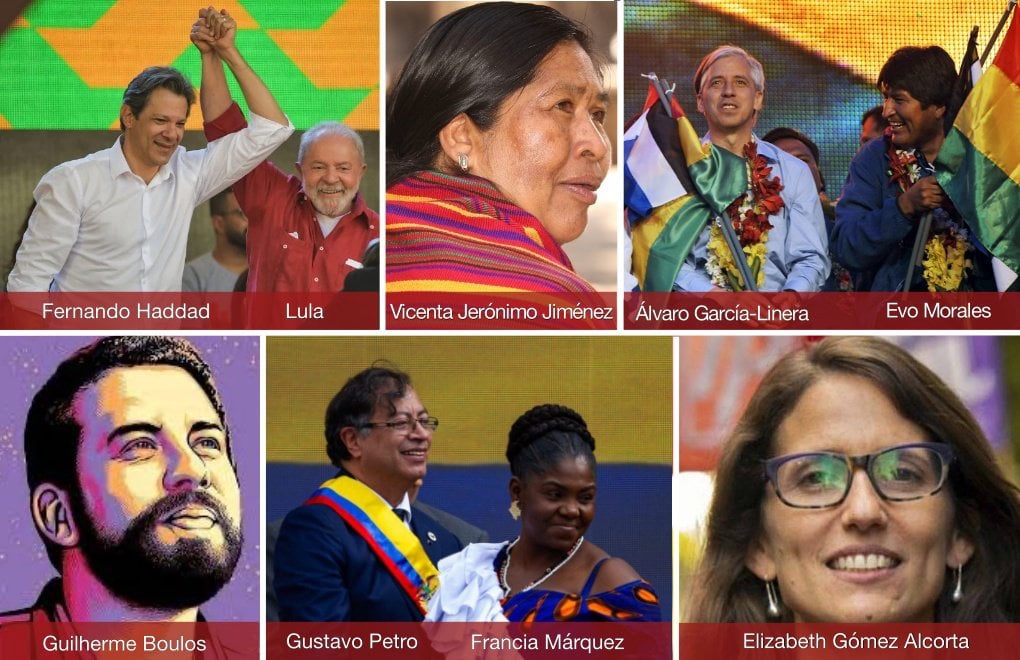
LEFT TIDE IN LATIN AMERİCA-I
David Adler: "A new vision that is feminist, ecologist, and pluralist"
